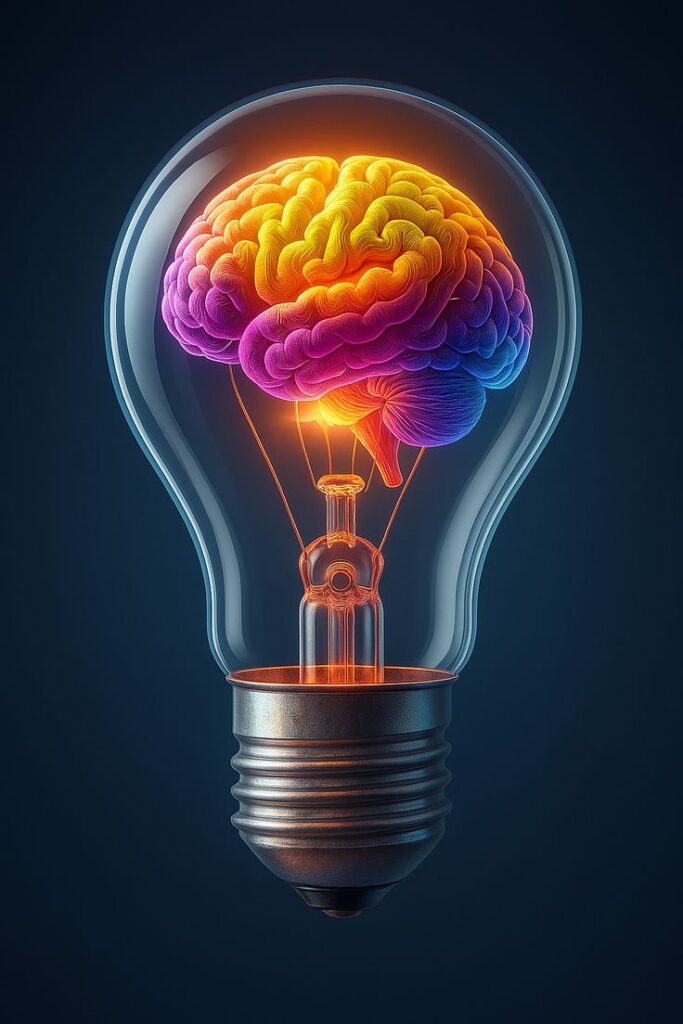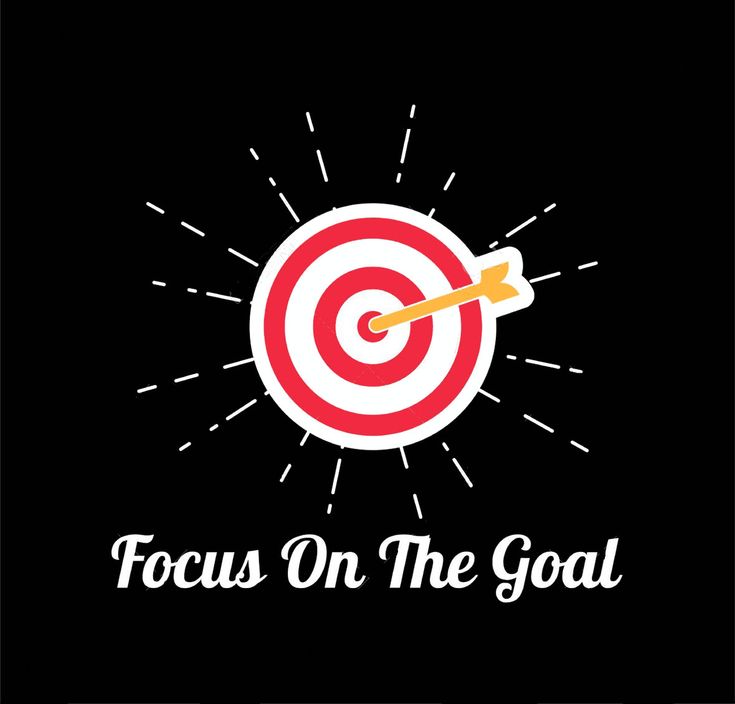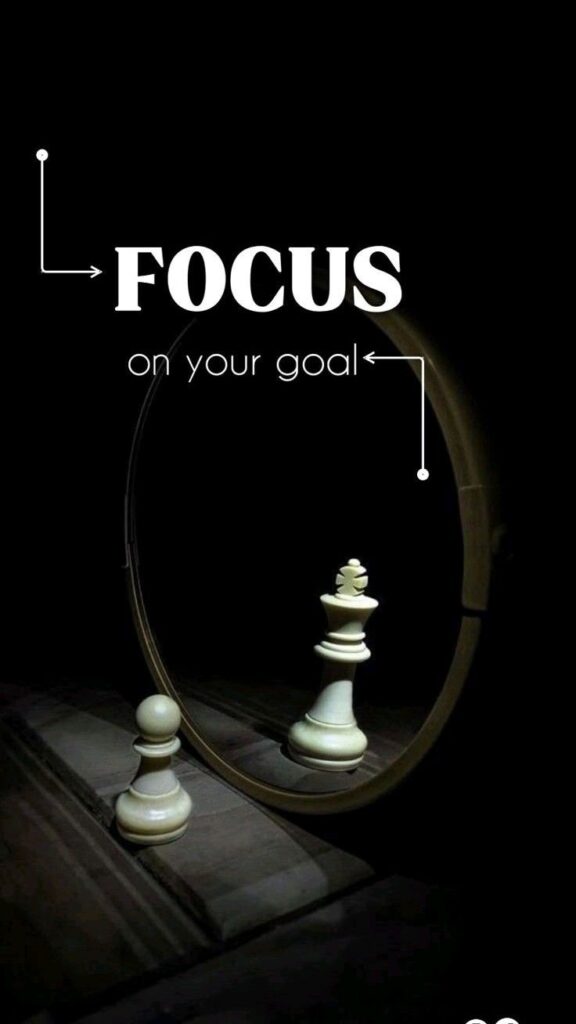
In today’s fast-paced world filled with distractions and information overload, staying creative and focused can feel like an uphill battle. Whether you’re a student, an entrepreneur, an artist, or someone looking to boost mental performance, developing habits that enhance creativity and concentration is essential.
This comprehensive guide explores science-backed techniques, daily habits, and lifestyle changes you can implement to unlock your creative potential and sharpen your focus.
What Is Creativity and Why Does Focus Matter?
Creativity isn’t just for artists or writers—it’s the ability to think outside the box, solve problems innovatively, and see connections others might miss. Focus, on the other hand, is the mental discipline to direct your attention without being derailed by distractions.
When these two skills work in harmony, you can produce high-quality work faster, make better decisions, and feel more fulfilled in both personal and professional areas.
H2: Understanding the Science Behind Creativity and Focus
H3: How the Brain Processes Creativity
The brain doesn’t rely on a single area for creativity. Instead, it uses a network that includes:
- Default Mode Network (DMN): active during daydreaming or imagination.
- Executive Attention Network: helps you evaluate and refine ideas.
- Salience Network: detects important information and helps switch between networks.
H3: What Affects Your Focus
Your ability to concentrate is influenced by:
- Dopamine levels
- Sleep quality
- Physical activity
- Nutrition
- Stress and mental fatigue
Understanding these elements provides the foundation for building better mental habits.

H2: 1. Optimize Your Environment for Creativity and Focus
Your environment plays a crucial role in your cognitive function.
H3: Declutter Your Workspace
A tidy space promotes a tidy mind. Remove distractions like unnecessary gadgets or paperwork.
H3: Use Natural Light and Plants
Exposure to natural light boosts serotonin, which enhances mood and focus. Indoor plants can also improve air quality and promote calmness.
H3: Designate “Focus Zones” and “Creative Zones”
Have different settings for different types of work. For example:
- A quiet room for focused tasks
- A lounge area for brainstorming or mind mapping
H2: 2. Create a Morning Routine That Sparks the Brain
H3: Start With Mindfulness or Meditation
Just 10–15 minutes of morning meditation can significantly increase attention span and reduce anxiety.
H3: Engage in Light Physical Exercise
Morning walks or yoga boost blood flow to the brain, increasing alertness and creativity throughout the day.
H3: Journaling for Clarity
Writing down your thoughts first thing in the morning helps clear mental fog and stimulates creative thinking.
H2: 3. Nutrition to Feed Your Brain
What you eat has a direct impact on your cognitive abilities.
H3: Brain-Boosting Foods
- Omega-3 fatty acids (found in salmon, walnuts, flaxseeds)
- Antioxidant-rich berries (like blueberries and strawberries)
- Dark chocolate (boosts dopamine and blood flow to the brain)
H3: Stay Hydrated
Dehydration can impair short-term memory and attention. Aim for 8–10 glasses of water daily.
H3: Limit Sugar and Processed Foods
Sugar highs are followed by crashes, which drain focus and leave you feeling mentally sluggish.
H2: 4. Leverage the Power of Sleep
H3: Sleep and Creativity
REM sleep is when most creative insight happens. A lack of it severely reduces your problem-solving and imaginative thinking.
H3: Tips for Better Sleep
- Maintain a consistent sleep schedule
- Avoid screens before bedtime
- Use blackout curtains or sleep masks
A well-rested brain is sharper, quicker, and more innovative.

H2: 5. Practice Deep Work for Maximum Focus
Coined by Cal Newport, “deep work” refers to distraction-free concentration on cognitively demanding tasks.
H3: Use the Pomodoro Technique
Break your work into 25-minute focus sprints followed by 5-minute breaks. This boosts productivity and keeps the mind fresh.
H3: Turn Off Notifications
Constant pings kill focus. Use “Do Not Disturb” modes or apps like Forest or Freedom to block distractions.
H3: Schedule “No Meeting” Hours
Block out chunks of your calendar for deep, uninterrupted work—especially when you’re most mentally alert.

H2: 6. Stimulate Creativity With Brain Exercises
H3: Try Mind Mapping
This visual thinking tool helps organize information, generate new ideas, and make connections between concepts.
H3: Use the SCAMPER Technique
A creative thinking tool that asks you to:
- Substitute
- Combine
- Adapt
- Modify
- Put to another use
- Eliminate
- Reverse
This method forces your brain to think differently about existing problems.
H3: Engage in Creative Hobbies
Art, music, storytelling, or even cooking—any activity that lets your brain play will fuel creativity.
H2: 7. Practice Mindfulness and Meditation
Mindfulness strengthens the part of the brain responsible for attention and emotional regulation.
H3: Daily Mindfulness Routine
- Focus on your breath for 5 minutes
- Do a quick body scan
- Practice gratitude journaling
H3: Try Focused Attention Meditation
This involves concentrating on a single object or thought. It trains the brain to resist distraction, improving overall mental clarity.
H2: 8. Take Strategic Breaks to Recharge
Contrary to popular belief, taking breaks actually improves productivity.
H3: The 90/20 Rule
Work in 90-minute cycles followed by 20 minutes of rest—this aligns with your body’s ultradian rhythm.
H3: Go for a Nature Walk
Nature has a proven calming effect on the brain and can spark fresh creative ideas.
H2: 9. Reduce Information Overload
Too much content—especially low-value digital input—can clog your mental bandwidth.
H3: Practice Digital Minimalism
- Unfollow unnecessary accounts
- Reduce screen time
- Use content filters to keep your feeds intentional
H3: Prioritize Quality Over Quantity
Curate what you read and consume daily to reduce mental clutter and encourage deep thinking.
H2: 10. Surround Yourself With Inspiring People
Your social circle significantly affects your mindset.
H3: Join Creative Communities
Engaging with others who are passionate and curious stimulates your own creativity.
H3: Seek Mentorship
Having a guide or coach can help you break through mental barriers and stay focused on your goals.
H2: Bonus Tips for Long-Term Success
H3: Track Your Progress
Use journals, habit trackers, or digital apps to measure your improvement over time.
H3: Reward Yourself
Celebrate milestones—this reinforces positive behavior and keeps you motivated.
H3: Don’t Chase Perfection
Creativity is messy, and focus isn’t constant. Aim for progress, not perfection.
H2: Conclusion: Start Small, Stay Consistent
You don’t need to overhaul your life overnight to become more creative and focused. Small, consistent changes—like better sleep, mindful mornings, strategic breaks, and a healthy environment—can rewire your brain for long-term cognitive growth.
Start by picking just one habit from this guide and commit to practicing it daily. With time, you’ll notice your mental clarity sharpen and your creativity flow more effortlessly than ever.
FAQs on Increasing Creativity and Focus
Q1: How can I increase creativity instantly?
Try techniques like mind mapping, doodling, or changing your environment to trigger instant creative thinking.
Q2: Can meditation really help with focus?
Yes, meditation improves attention span, emotional regulation, and reduces mind-wandering.
Q3: What foods help in boosting brain power?
Foods like fatty fish, blueberries, nuts, seeds, and dark chocolate can enhance brain health.
Q4: How many hours of sleep do I need for optimal brain performance?
Most adults need between 7–9 hours of quality sleep per night.